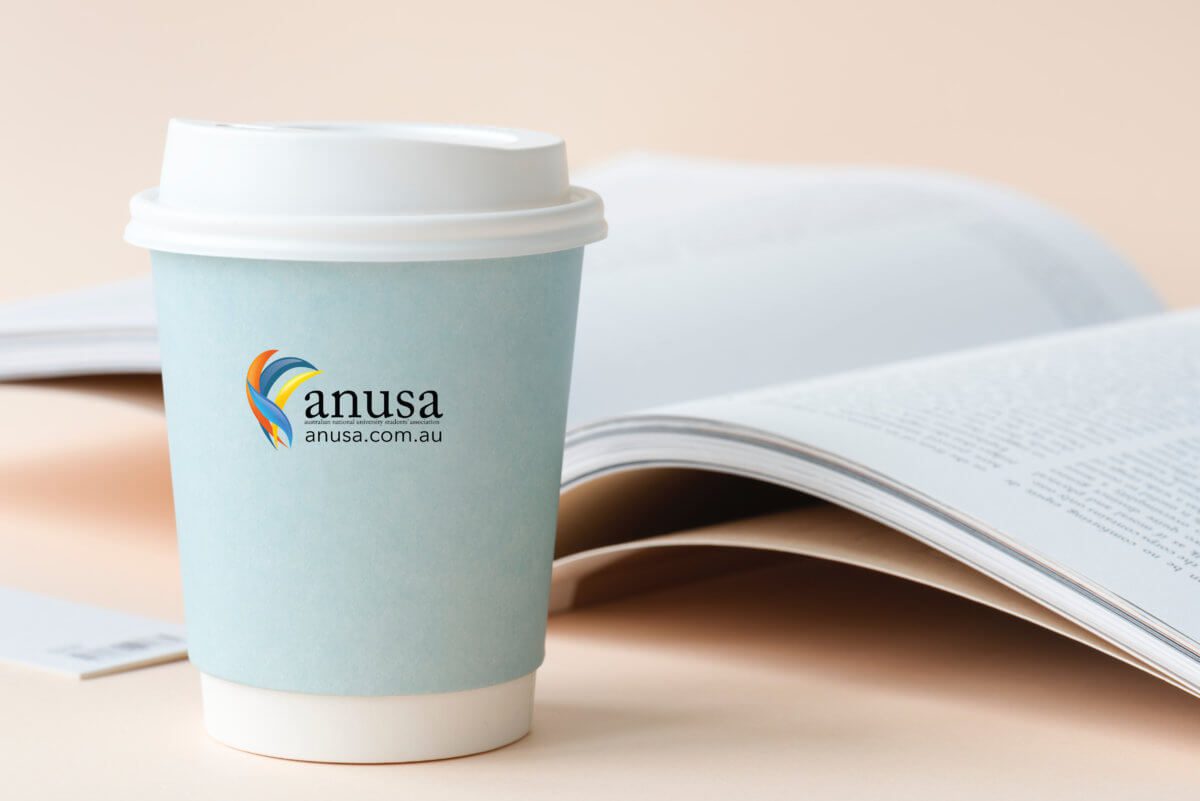At the most recent Student Representative Council meeting (SRC 5), representatives discussed the defunding of PARSA, passed motions of solidarity with sexual assault and sexual harassment (SASH) survivors, and debated ANU’s accreditation with the National Union of Students (NUS).
President Christian Flynn shared an update on the ANUSA website redevelopment which aims to increase accessibility, logical flow and ease of navigation. Flynn also labelled the defunding of the Postgraduate and Research Student Association (PARSA) by the university over the semester break as “…pretty shocking.”
General Secretary Ben Yates discussed meeting with the ANU Academic Quality Assurance Committee (AQAC) to review the application and enforcement of consistent word limits across academic colleges. More to come on this issue.
Newly appointed Disability Student’s Association (DSA) Co-officers Mira Robson and Maddi McCarthy shared updates regarding working with ANUSA on the hybrid options campaign, as well as communicating within CASS for greater accessibility for students with Education Access Plans.
Two new probity officers, Ned Strange and Isabella Gockel, were elected for the upcoming ANUSA elections. Additionally, the appointments of Aarfa Khan as the International Students’ Officer, as well as Maddi McCarthy and Mira Robson as Officers of the DSA were unanimously confirmed.
The first successful motion of the evening (Motion 5.1) moved by Women’s Officer Avan Daruwalla, sought solidarity with SASH survivors in light of the recent August 1st protest. The motion condemned the ANU for its inaction following the Too Little Too Late special general meeting and expressed support for the Follow Through ANU Campaign. Daruwalla praised the success of the August 1st protest which had one of the best turnouts of any ANU protest this year, and assured the SRC that students would continue to fight for this issue.
Additionally, three motions of the night (Motion 5.3, 5.4 and 5.5) were moved by representatives of the Socialist Alternative group (SAlt).
Motion 5.3 condemned the Higher Education Accord, a proposed agreement between universities, industry and the Labor government. Motion 5.4 stands in solidarity with the Sri Lankan peoples, who are struggling with an unstable government and crippled economy. Lastly, Motion 5.5 calls for ANUSA to oppose the amended Religious Discrimination Bill that Labor has said it will still attempt to pass through the legislature.
The final and most controversial motion of this SRC was on accreditation with the NUS and was motioned by President Flynn. It gauged the SRC’s opinion in regards to reaffiliation with the NUS, to allow for the application of an NUS fee waiver, before a referendum at a later SRC or OGM meeting deciding accreditation.
Members debated the requirements of accreditation and affiliation with the NUS. Woroni found that accreditation occurs after payment of an annual subscription amount, at most $45,000 and at least $10,000, and the decision of an accreditation board. Notably, disaccreditation this year would mean the NUS delegates to be elected in this year’s election will not be able to vote at the NUS conference in December, and ANUSA may still have to pay $10,000.
Members of SAlt, some ANUSA executive members, and Labor members predominantly made arguments in favour of accreditation with the NUS. Their key arguments for accreditation included the NUS’s ability to unite student unions nationally and make a difference on issues including climate change, SASH, and higher education. Environment Officer Freya Brown spoke in favour of accreditation using the Climate Rally on August 5th as an example of the benefits of national unionism.
Criticisms of the NUS came from a variety of speakers who condemned its factionalism, behaviour, cost of accreditation, and its inability to enact change. Speakers described the behaviour allowed by the NUS as “disgusting” and “threatening.” Vice President Chido Nyakeungama was the loudest opposer of NUS accreditation, arguing that she doesn’t “…recognise the NUS as an appropriate system of government.”
As per the motion, a straw poll was held and it was decided by a majority of 12 representatives that the ANU should affiliate and accredit with the NUS for the fee waived amount of 10,000 dollars. This decision was made largely on the sentiment, expressed by Clubs Officer Phoenix O’Neill, that “The only way to improve the NUS is to engage more with it.”
The next SRC meeting will be held on 21 September 2022, stay tuned for more coverage from Woroni.
We acknowledge the Ngunnawal and Ngambri people, who are the Traditional Custodians of the land on which Woroni, Woroni Radio and Woroni TV are created, edited, published, printed and distributed. We pay our respects to Elders past and present. We acknowledge that the name Woroni was taken from the Wadi Wadi Nation without permission, and we are striving to do better for future reconciliation.
